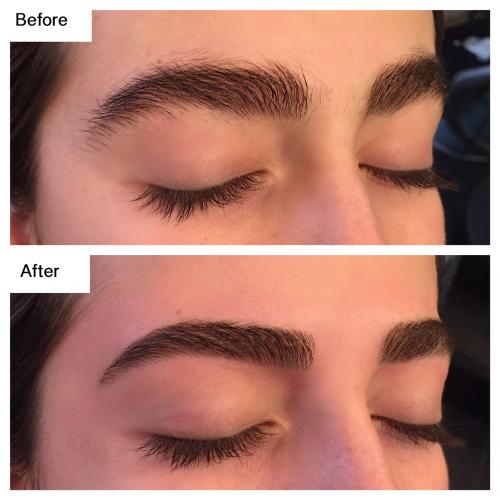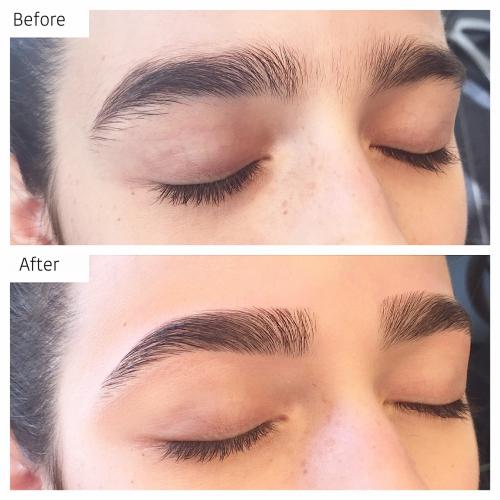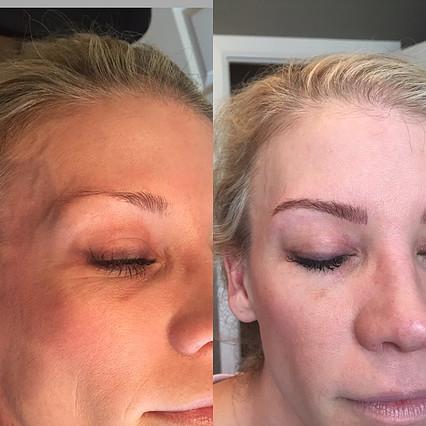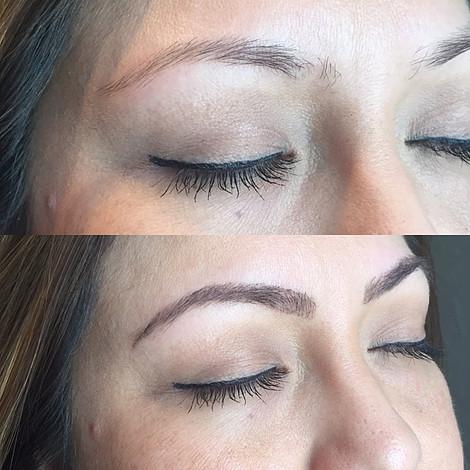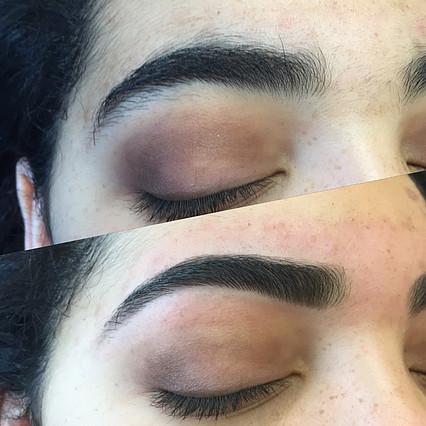To Buy Hydroxychloroquine Online Visit Our Pharmacy ↓

The Early Promise of Hydroxychloroquine Treatment
Early in the pandemic, Hydroxychloroquine garnered substantial attention as a potential treatment for COVID-19, largely due to preliminary studies indicating it could inhibit the virus's replication. This compounded excitement was bolstered by anecdotal reports and small-scale studies suggesting rapid improvements in patients when treated with this medication. Some doctors, acting on this promise, quickly incorporated it into their treatment protocols, prescribing it stat, sometimes even using elixirs to enhance palatability. The hopeful outlook was shared widely, stirring a wave of optimism across medical communities and the public alike.
| Study | Findings |
|---|---|
| Initial Laboratory Studies | Inhibited virus replication in vitro |
| Early Clinical Reports | Showed potential rapid improvements in some patients |
Clinical Trials and Conflicting Results

Clinical trials for hydroxychloroquine have produced mixed results, leaving ambiguity in its effectiveness against COVID-19. Early studies, some described as little more than "walks of shame" due to poor methodology, initially showed promise but couldn't withstand rigorous scrutiny. Rigorous trials like the RECOVERY trial found no significant benefits, causing many to question previously held assumptions.
Compounding the complexity, some researchers suggested variations in patient dosing and timing could impact outcomes, reminiscent of a "cocktail" approach rather than a one-size-fits-all solution. Adding to the confusion, some trials reported serious side effects, prompting a re-evaluation of hydroxychloroquine's safety and efficacy beyond the initial script.
Conflicting results from these numerous trials sparked debates and scrutiny from global health entities. The FDA initially granted Emergency Use Authorization but later withdrew it, citing inconsistent data. Similarly, the WHO temporarily paused its studies, indicating a cautious stance in their sig. The divergence in findings has only fueled more questions, highlighting the urgent need for clarity in treatment protocols.
Fda and Who Stance on Hydroxychloroquine
The FDA initially issued an Emergency Use Authorization (EUA) for hydroxychloroquine, hoping its potential benefits could offer a much-needed elixir against COVID-19. However, the situation quickly evolved as subsequent clinical trials yielded conflicting results. This inconsistency prompted the FDA to revoke the EUA, while the WHO recommended halting the drug from its large Solidarity Trial.
Safety concerns, including serious side effects like cardiac arrhythmias, contributed significantly to these decisions. The FDA and WHO emphasized that hydroxychloroquine should only be used within the confines of clinical trials to mitigate risks associated with its unsupervised use. It remains imperative to balance hope for treatment efficacy with rigorous scientific scrutiny.
Side Effects and Safety Concerns

Hydroxychloroquine has been widely discussed not only for its potential benefits but also for its side effects and safety concerns. Among the alarming issues are serious heart rhythm problems, particularly QT prolongation, which can be life-threatening. Stat reports indicated that adverse effects include severe hypoglycemia, which could lead to dangerously low blood sugar levels. This compound medication has also been linked to neurological symptoms such as hallucinations and mood swings, adding another layer of complexity to its use.
Despite the initial rush to get hydroxychloroquine scripts filled, the FDA has issued warnings due to these significant risks. Various clinical studies have highlighted the potential for liver and kidney toxicity, rendering it not suitable for everyone. A comprehensive DUR is essential before starting hydroxychloroquine, ensuring patients do not fall victim to side effects that outweigh the drug's unproven benefits.
Public Opinion and Media Portrayal
Public trust in hydroxychloroquine waned as conflicting results from clinical trials emerged, sparking debates across various platforms. Media outlets, often polarized, played a pivotal role in shaping public opinion—some hailing it as a potential miracle drug, others condemning it as unsafe. Celebrities and political figures also weighed in, amplifying the controversy and leading to a form of "Pharm Party" where people explored unsupervised use of this drug. This chaotic dissemination of information diluted scientific discourse and compounded layperson confusion.
In turn, social media became a battleground for myriad voices, ranging from proponents to skeptics. The stigma surrounding hydroxychloroquine use meant some individuals sought "Drive-Thru" consultations to avoid public scrutiny. This dynamic showcases how the potency of collective sentiment can influence clinical decision-making and regrettably foreshadowed a broader mistrust in pharmaceutical interventions for Covid-19.
| Aspect | Detail |
|---|---|
| Media Influence | Pivotal in shaping public opinion, often polarized. |
| Celebrity Involvement | Amplified controversy with varied viewpoints. |
| Social Media | Platform for diverse opinions, from proponents to skeptics. |
| Consultations | Increased "Drive-Thru" visits to avoid scrutiny. |
| Public Sentiment | Impact on clinical decision-making and pharmaceutical trust. |
Future Research Directions and Ongoing Studies
As the scientific community continues to delve into the potential of hydroxychloroquine, several new avenues are being explored. Ongoing studies focus on understanding its impact when used in combination with other medications, exploring different dosages, and investigating its efficacy at various stages of Covid-19 infection. Researchers are particularly interested in whether combining hydroxychloroquine with other antiviral elixirs might yield more promising results. These studies are in response to earlier clinical trials, which had mixed outcomes and left many questions unanswered.
Moreover, refining the prescription protocols—ensuring the correct dosage and identifying patient groups that might benefit the most—remains a top priority. Safety remains a critical concern, and any new findings are subject to rigorous drug utilization review (DUR) processes. Researchers aim to achieve a balance between potential benefits and minimizing side effects, ensuring that any future use of hydroxychloroquine is both safe and effective. As such, ongoing investigations are crucial for shaping the future landscape of Covid-19 treatments.
Before & After
Testimonials
Read out what our customers say about our services.
Read Testimonials
Join Our VIP List
Great News!
Comming soon our new location in Fort Worth (Alliance area)
3529 Heritage Trace Parkway, Suite 163
Fort Worth, TX 76244
Sign up now to join our VIP list and receive coupons


